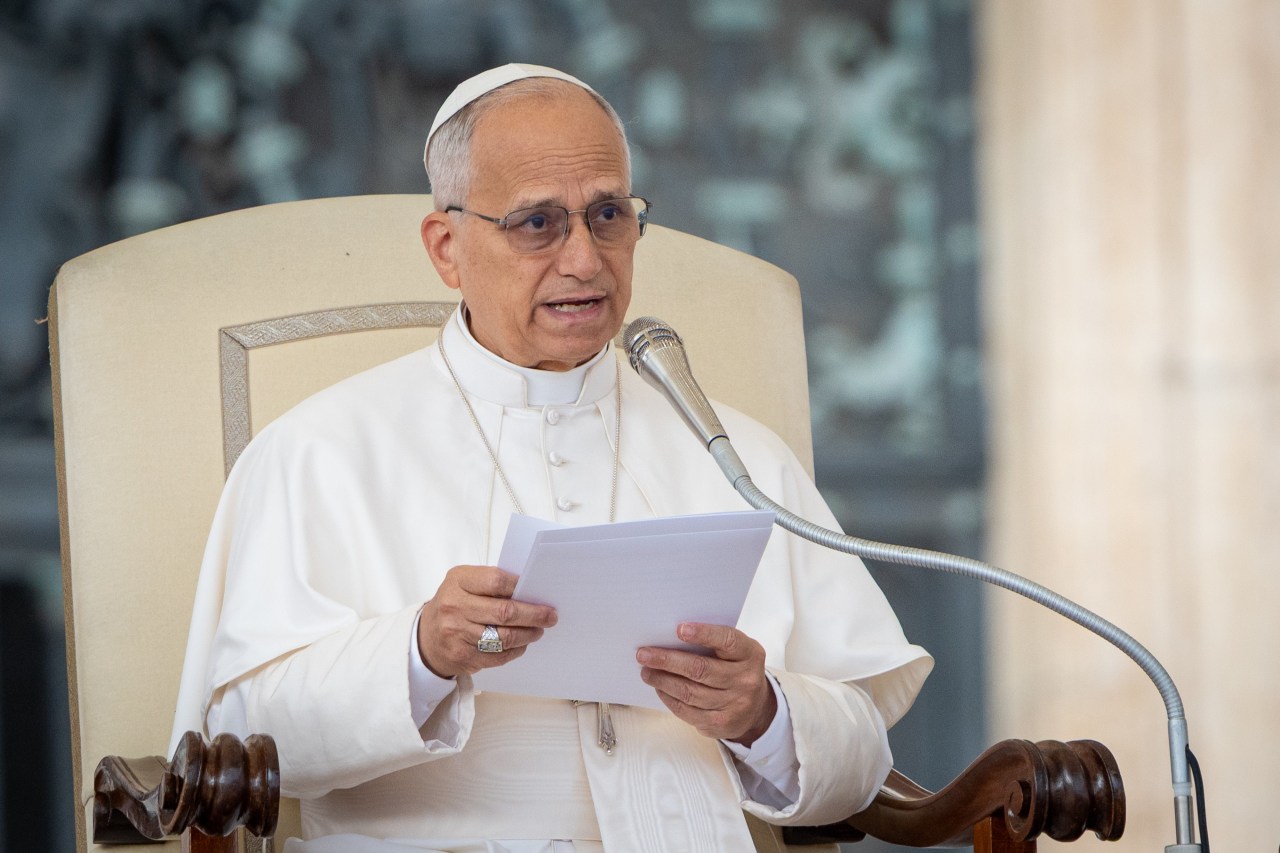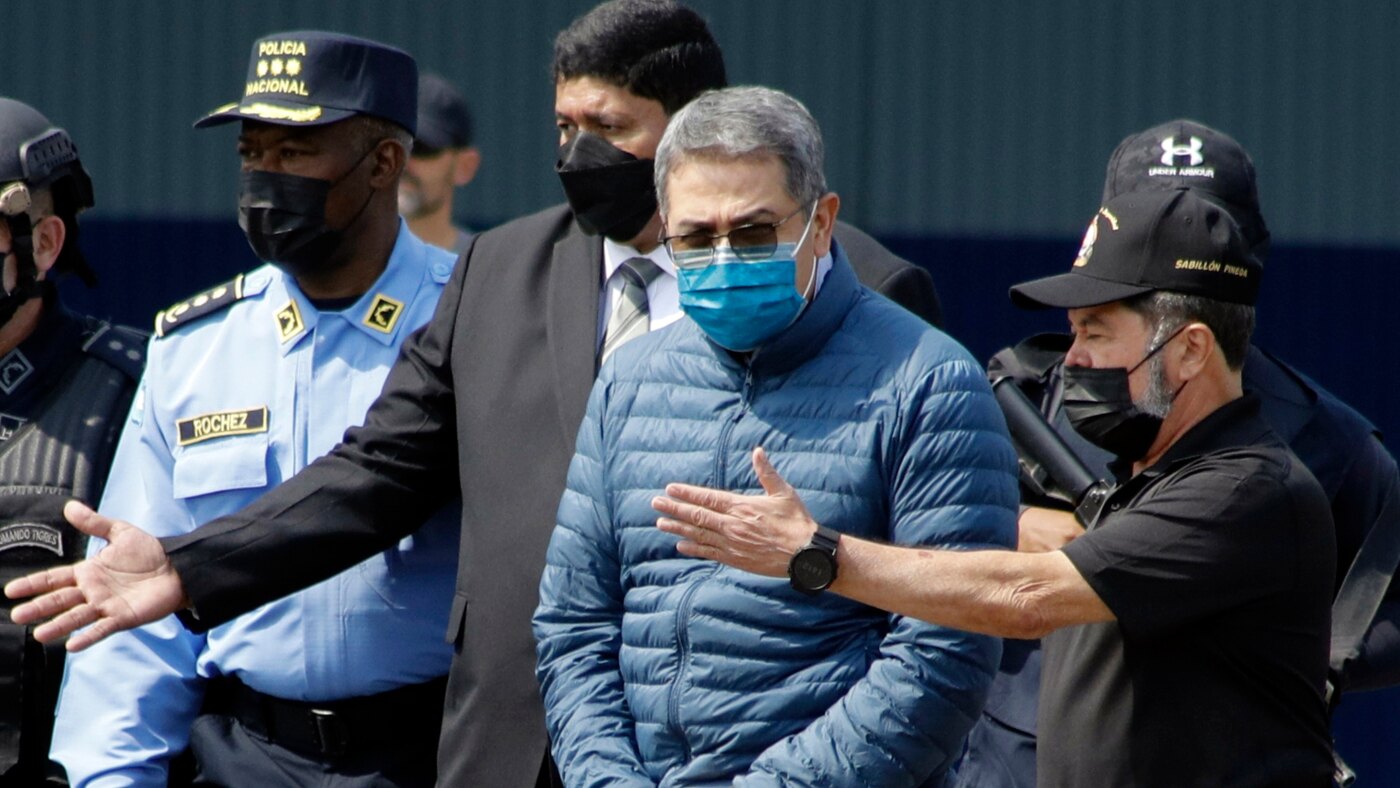In a recent statement, Pope Leo XIV emphasized that artificial intelligence (AI) tools, including chatbots, should not be regarded as sentient beings deserving of rights. This assertion comes in response to growing discussions surrounding the ethical implications of AI and its potential sentience, which some advocates have claimed could warrant legal protections.
The Pope’s remarks were made during an address delivered at the Vatican on December 10, 2023. He highlighted the distinction between tools created by humans and beings with inherent rights. “AI is a creation of human ingenuity,” he stated, underscoring its role as a means to enhance human capabilities rather than an entity with feelings or consciousness.
Clarifying the Role of AI
Pope Leo XIV’s comments reflect a broader concern within the Catholic Church regarding the rapid advancement of technology. The Vatican has been actively engaging in discussions about the moral and ethical use of AI, particularly as it relates to its impact on society and human dignity. The Pope urged caution in how society interprets the capabilities of AI, emphasizing that while these tools can perform complex tasks, they lack the essential qualities that define sentience.
The debate over whether chatbots and similar AI systems possess rights has gained traction in various sectors, including technology, law, and ethics. Some advocates argue that as AI becomes more integrated into daily life, it may deserve a form of legal recognition. However, Pope Leo XIV firmly dismissed these notions, stating, “We must remember that rights are derived from the inherent dignity of the human person, not from artificial constructs.”
Implications for Future AI Development
The Pope’s address serves as a critical reminder for developers and policymakers as they navigate the evolving landscape of AI technology. With the potential for significant societal changes, the need for ethical guidelines and regulations remains paramount. By delineating the boundaries between AI and human dignity, the Vatican aims to foster a more responsible approach to technological advancement.
The implications of these discussions extend far beyond the religious context. Various organizations and governments are now considering frameworks that address the ethical use of AI, with a focus on ensuring that human rights are prioritized in the face of rapid technological change. Pope Leo XIV’s statement may influence ongoing debates surrounding the governance of AI, particularly in how rights and responsibilities are defined.
In conclusion, the Pope’s clear stance on the nature of AI as a tool rather than a sentient being highlights the need for ongoing dialogue in this crucial area. As technology continues to advance, the conversation surrounding AI’s role in society will remain a pressing issue, demanding careful consideration of ethics, rights, and the human experience.







